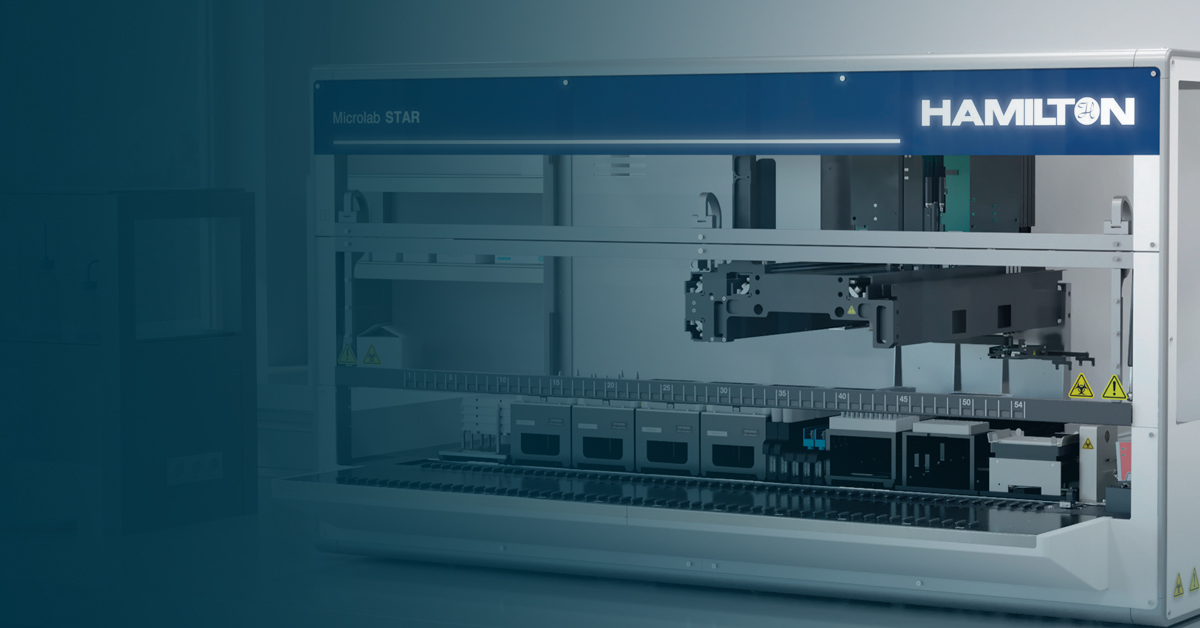
The following blog is a discussion of clinical trial pain points that may indicate a need for rescue study intervention.

In a situation where your clinical trial is at risk of failure, a lack of decisiveness can be fatal. But a radical intervention, conducted with a deft hand, will correct your course so you can get back to the development work you do best.
Here are five key signs your trial needs a radical intervention. If you’re experiencing any one of these issues, you should seek out a rescue study provider to get your project back on track.
- Are you coming up short on recruitment? What patient recruitment efforts do you have in place, and how do you know if they are actually reaching the patients you need? You may need to be engaging more with sites or perhaps seeking out other ways of connecting with patients. The right rescue partner can fine-tune your current processes. They will also be able to bring their own recruitment resources to the table.
- Are you missing key trial deadlines? Missing key dates early in the process doesn’t bode well for the ultimate success of your trial. Timeline lags are a clear sign that there is something in the study pathway that needs adjustment. The longer you wait to address these delays, the more at risk your project becomes. A new CRO coming in on a rescue study will be able to take a fresh look at your protocols and execution and identify areas for improvement.
- Are you concerned about data quality? A robust dataset requires accuracy and timeliness of reporting. Poor data quality may be the result of delayed reporting or errors in transcription. You need someone who can investigate the data workflow to identify the source of the issues and potentially introduce new processes and training to enhance data reporting and management.
- Are patients dropping out or failing to comply with protocol? Attention to the patient’s experience is absolutely crucial to achieving the data you need. Whatever the individual patient’s reason for failing to comply or leaving the study, there’s a high likelihood that more patients are sharing that experience. A rescue study enables you to drill down into the patient perspective, identify problem areas, and find solutions to facilitate their engagement.
- Are you getting unexpected results? When your clinical study renders early results that weren’t part of the plan, it may trigger regulatory intervention. The right rescue team has the agility and flexibility to adapt to surprises. They can work with regulatory to devise the appropriate adaptations.
Decisiveness Is Key
If you are experiencing any of these issues, agility and flexibility are what you need now, and fast intervention is crucial. When large CROs fall short, Worldwide Clinical Trials has a proven track record with rescuing these struggling studies. We will give careful attention to the fine grains of your project to identify the root causes of your problems. We can help you engage your patients, empower your sites, fine-tune your data processes, even adapt your protocols. Whatever your trial needs, we’ll take an intimate approach to identify the root causes and devise effective solutions.
A Case Study in Seamless Trial Rescue
Recently, a rescue team from Worldwide Clinical Trials showed its uncommon competence, intervening in a Phase II oncology study run by a large CRO that was struggling with slow patient recruitment, poor site engagement, and data entry delays. Within seven months, we surpassed the recruitment goal, more than doubling its prior rate. We also achieved database lock on schedule, with interim analysis on key data points completed within three weeks. Once the sponsor hired us, we were able to achieve a seamless transition in less than 90 days. All it took was for the sponsor to take the decisive step to bring us in, and then they were able to get back to focusing on their strategies for further development.
Does your trial need a course correction?
Don’t fear the transition. If your clinical trial is struggling, the best response is to intervene quickly with a clear-eyed CRO who can identify the source of your issues and bring the radical solutions you need to recover lost ground and keep moving forward.
Learn more about Worldwide’s rescue study service from our eBook: Five Ways to Turn Clinical Trial Distress into Success.



